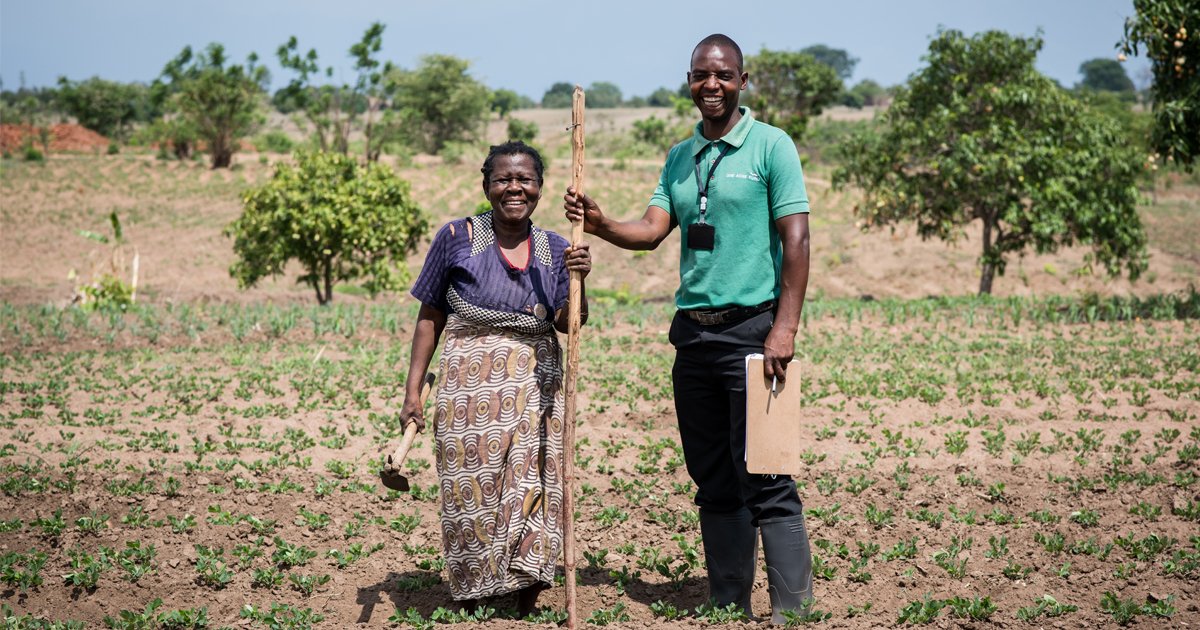- About
- Topics
- Picks
- Audio
- Story
- In-Depth
- Opinion
- News
- Donate
- Signup for our newsletterOur Editors' Best Picks.Send
Read, Debate: Engage.
| located: | Bosnia and Herzegovina |
|---|---|
| editor: | Katarina Panić |
Dragica Pajević Alp was at her Belgrade home last Friday. As she currently works in Kairo, it was a usual weekend morning. She was having a cup of tea and checking her emails when breaking news popped up from the BBC app: the Nobel Peace Prize to the World Food Programme, WFP.
“It was very emotional. I read it once, and then again, and again, to make sure it was true,” Dragica told local media channel Banja Luka. She has worked with WFP since 1997. She is one out of ten humanitarians from Bosnia and Herzegovina among 18,000 WFP employees.
Last year, 135 million people suffered from hunger, the highest number in many years.
“With this year’s award, the Norwegian Nobel Committee wishes to turn the eyes of the world towards the millions of people who suffer from or face the threat of hunger. The WFP plays a key role in multilateral cooperation on making food security an instrument of peace, and has made a strong contribution towards mobilising the UN Member States to combat the use of hunger as a weapon of war and conflict,” the Committee stated on October 9.
Thanks to WFP, two years ago, the UN Security Council for the first time explicitly addressed the link between conflict and hunger, which many call a vicious circle.
“We will never achieve the goal of zero hunger unless we also put an end to war and armed conflict,” the Nobel Committee concluded.
Dragica ran the WFP’s emergency operation in Liberia during the Ebola crisis five years ago. She said she would never forget what her friend from the Liberian government told her.
“Who has not been hungry, does not know the beastly pain of hunger, does not know the feeling of hopelessness of a man who does not know whether he will have his next meal, whether he will be able to feed his children or will watch them die. Hunger is a beast, and the hopelessness associated with it provokes a person to do everything they can to alleviate it. Food in itself may not be peace, but when it is gone, day after day, month after month, almost inevitably, famine will lead to war,” she recalls.
Similarly, in several African and Asian countries, the combination of violent conflict and the COVID-19 dramatically increased the number of people living on the brink of starvation. “Until we have a medical vaccine, food is the best vaccine against chaos,” the WFP stated.
Image by Sasin Tipchai

